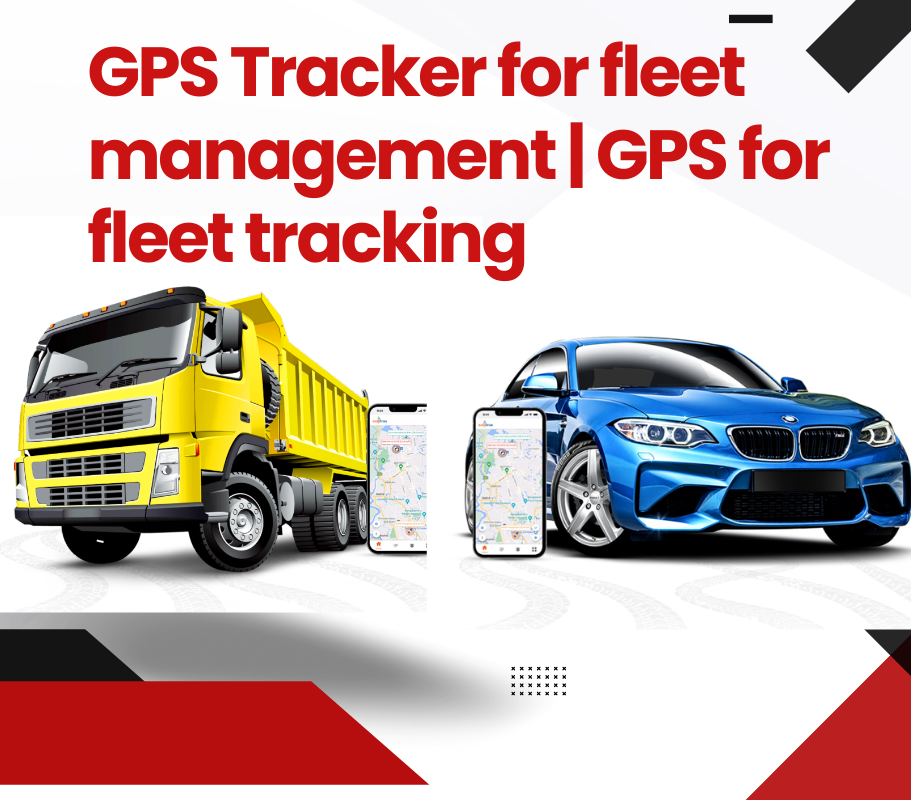Leading Fleet Tracking Solutions
Easytrax Tracking is one of the market leaders in GPS fleet tracking. The system is easy to use for both drivers and fleet managers. It helps them to get to their destinations whilst cutting waste and boosting efficiency.

Tracking a fleet of vehicles is important for businesses for several reasons. One of the main benefits is increased efficiency. With real-time tracking, companies can:
- Monitor their vehicles’ locations.
- Check on speeds, and routes, allowing them to optimise drivers performance.
- Reduce fuel consumption. This can lead to significant cost savings for the business.
- Improved customer service. With accurate information on a vehicle’s location and estimated arrival time, businesses can provide their customers with more accurate and reliable delivery or service times.
Fleet tracking is incredibly helpful for logistics management, dispatch, and customer service. It provides real-time information about your vehicles, whether you are interested in their current location or their current status. Utilising fleet tracking allows you to optimise routes, reduce your overall fuel costs and improve your fleet’s efficiency.
Easytrax GPS Tracking always believes in long term relationships with their customer with the best customer experience.
Once you understand the processing gain of each part of the receiver, it is a small step to understand how to increase that gain and thus increase the sensitivity of the receiver. However, even if you are not designing a receiver, it is still important to understand the relationship between the signal strength at the antenna and the correlation response. This is because the measure of a high-sensitivity receiver is its ability to acquire and track weak signals. The only way to know how weak the signals actually are, in practice, is for the receiver to tell you, and the way the receiver knows is by back-calculating the signal strength from the measured height of the correlation response. The receiver has no way of directly measuring the signal at the antenna or in the front end. Only after the receiver has created the correlation response does it have a measure of what the signal at the antenna was. Moreover, there is no such thing as a separate signal-strength meter that you can plug into a GPS antenna to measure the strength of the signals. The GPS receiver is the signal strength meter.
